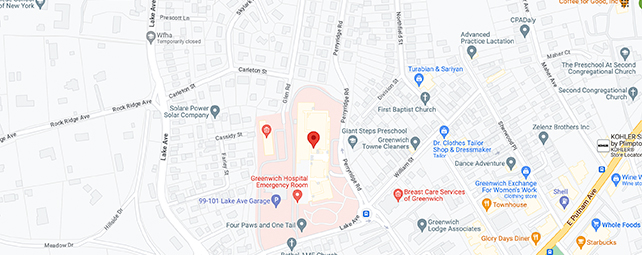
COVID-19 struck China and the globe watched with disbelief as the virus invaded Europe and then North America and the world. When the COVID-19 pandemic began, researchers found that risk factors such as older age, male sex, hypertension, diabetes, cardiac disease and history of malignancy were more common in sicker and dying patients. The first studies did not reveal that patients with a higher BMI were at an increased risk of contracting the virus or having a worse response to an infection.
As COVID-19 spread, reports revealed that people with obesity became sicker after being infected. The risk of needing to be placed on a ventilator was 7 times higher in hospitalized patients with a BMI greater than 35 compared to people with a BMI less than 25. Worse disease in COVID-19 infected patients and need for placement on a ventilator was found to increase when BMI increased above 35. These findings were independent of age, sex, diabetes, or hypertension in this French study.
Initial experience in our institution in Connecticut as well as information from studies in New York City showed that younger patients with obesity were much more commonly affected than young patients generally. Patients less than 60 years old with a BMI between 30-34 and > 35 had 1.8x and 3.6x risks of being admitted to the ICU.
Another French study demonstrated that citizens with obesity were much more likely to develop an initial infection with COVID-19 than those of normal weight. These findings led the French government to recommend that citizens with obesity stop working to reduce their risk of contracting the virus.
Although there is no direct proof why patients with obesity are more likely to be infected with COVID-19 and have a worse outcome, several hypotheses exist. Patients with obesity have a weaker ability to breathe than people of lower weight. They have a decreased expiratory reserve volume, decreased functional capacity, and lower pulmonary compliance than individuals of normal weight. In other words, their lungs do not work as efficiently to bring in oxygen and breathe out carbon dioxide. When lying flat, people with obesity have more difficulty breathing than people of lower weight. An increased amount of fat or adipose tissue is associated with a weaker immune response, and an elevated level of cytokines, or toxic molecules that are released during an infection. These molecules destroy the lung tissue and airways when released in large amounts. Adipose tissue contains ACE2 receptors, which have been found to bind the SARS-COV-2 virus, allowing it entry into a patient’s cells. It is unclear whether the increase in physical size or the inflammation associated with obesity is more accountable for the poorer outcome associated with the virus. Obesity is also associated with many of the chronic diseases that are also associated with a poor outcome such as diabetes and hypertension.
A preliminary French study on COVID-19 and bariatric surgery performed by Antonio Iannelli MD, showed that:
People with obesity and a COVID-19 infection that underwent bariatric surgery in the past had a reduced risk of needing to be placed on a ventilator and death from a COVID-19 infection when compared to people with COVID-19 who did not have weight loss surgery. Bariatric surgery is believed to improve the mechanics of lung function by causing weight loss and reverse the low-grade systemic inflammation that occurs in people with obesity.
Although many mysteries surround the COVID-19 virus, there is evidence that patients with obesity are at a higher risk of becoming infected and having a worse overall outcome. Thus, people with obesity must take precautions to prevent infection from the virus, such as social distancing and wearing a mask in public. Obesity is an inflammatory disease and governments, physicians, and patients themselves must take steps to prevent and treat this disease.
Neil Floch, MD FACS
















